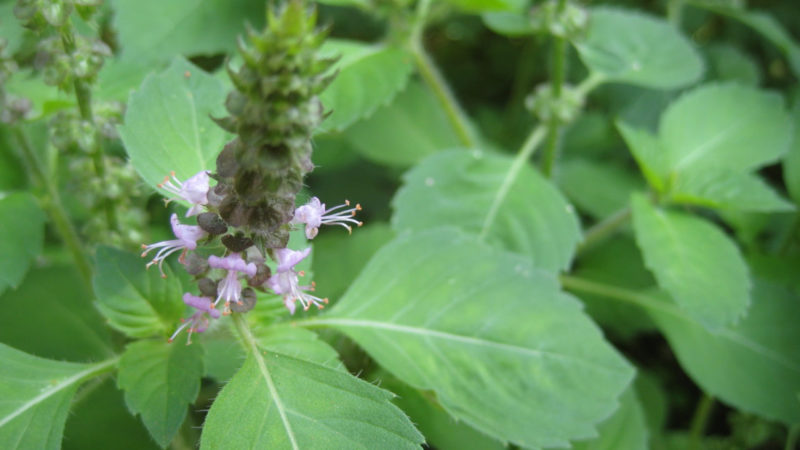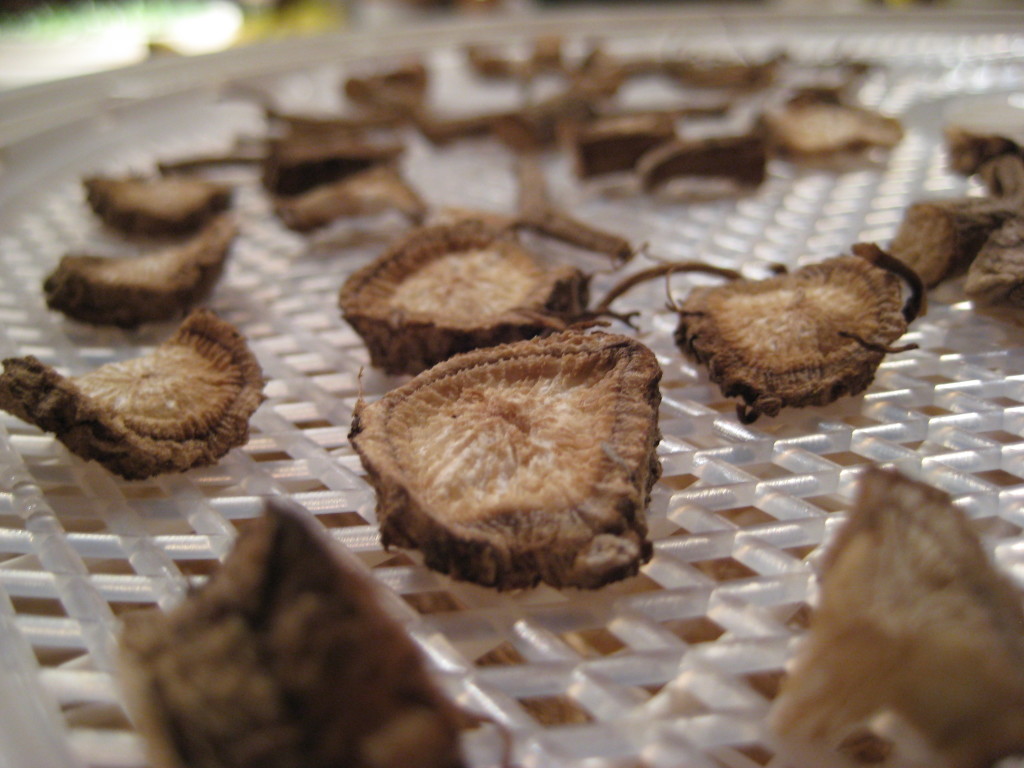
Content contributed and originally ran on Lacuna Loft’s website at: https://lacunaloft.org/herbs-help-body-heal-part-1/.
In my life and herbal medicine practice, I have come to view health challenges as opportunities to connect more deeply with nature– particularly plants that offer support and nourishment for body and spirit. This is the first article in a series of three, exploring some plants that nature offers those of us living with and recovering from cancer.
Fu Zheng Pei Ben
There are herbs to support all phases of an individual’s experience with cancer—including mid-treatment. In my herbal medicine practice, I often ask myself, “How can I support and nourish this individual without interfering with existing medications or therapies?”
China’s medical system offers an excellent model for supporting those receiving cancer treatments. As in the US, many forms of cancer are treated with radiation and chemotherapy. In China, it is considered good practice to curb side effects and nourish the body while administering such strong treatment. Out of this belief came a therapy approach called fu zheng pei ben, which translates to ‘support the normal qi and strengthen resistance.’
Fu zheng pei ben uses many adaptogen herbs. Adaptogens are a category of herbs that enhance the body’s response to physical, mental, and emotional stressors. Most are supportive of a range of body systems, including the cardiovascular, endocrine, and digestive systems. Adaptogens are considered non-toxic, stamina-boosting, and safe for long-term use. Each contains constituents shown to be chemoprotective and radioprotective, antioxidant, and immune-boosting. Adaptogens are used to mitigate side-effects of cancer treatments, including nausea, fatigue, low red blood cell count, immune suppression, and decreased white blood cell count.
Below are three of my favorite fu-zheng herbs, plus two herbs from India that fill a similar niche. Their gentleness also makes them appropriate during mildly stressful times of life—anytime, really. They are most effective when taken daily over a longer period of time (4-6 months, or much longer).

Most adaptogens are nourishing roots of medicinal plants.
Due to their food-like nature, adaptogens can be fun to “take”! This adaptoballs recipe has a nut butter and honey base. It can be tweaked to include whichever herb powders you, your doctor, and an herbalist agree work best for you. Be sure to store powders in the freezer to maintain their potency. Adaptogens are frequently taken as tinctures (alcohol extracts) as well. A local herbalist may offer a much lower cost than store bought tinctures.
Talk with your doctor before adding adaptogens to your treatment plan. Keep in mind that most US medical schools no longer require herbal medicine training. Be prepared to present studies and articles about your herb(s) of choice to your doctor. An herbalist should be consulted in choosing the best herbs for you.
Sources:
1.) Hoffman, David. Medical Herbalism, Rochester: 2003. pp. 532, 545.
2.) Ming Li, Pan. “Cancer Treatment with Fu Zheng Pei Ben Principle.” Fujian Science and Technology Press, 1992.
3.) Winston, David and Stven Maimes. Adaptogens. Rochester: 2007. pp. 95-98, 140, 159, 169.
——————————————————————————————————-
Community Herbalist Sarah is a native of Buffalo NY, and a 2014 graduate of the Holistic Herbalism program at the Blue Ridge School of Herbal Medicine. For Sarah, herbalism is the perfect combination of natural gardening and permaculture, forest ecology, counseling skills, anatomy/physiology, nutrition, world culture and history, botany and chemistry, art, writing, and connecting with nature. She has been offering consultations since 2014, and was excited to incorporate the CSA model (Community Supported Agriculture) into her work in 2015. Sarah also has a certificate in horticultural therapy, and loves using gardening as a venue to support healing and wellness.
Please remember this post is the opinion of the author and should not be replaced for actual medical advice or attention. Please learn more and always speak with your physician before making lifestyle changes yourself. Elephants and Tea and Lacuna Loft supports healthy living. Find what works best for you!
Join the Conversation!
Leave a comment below. Remember to keep it positive!